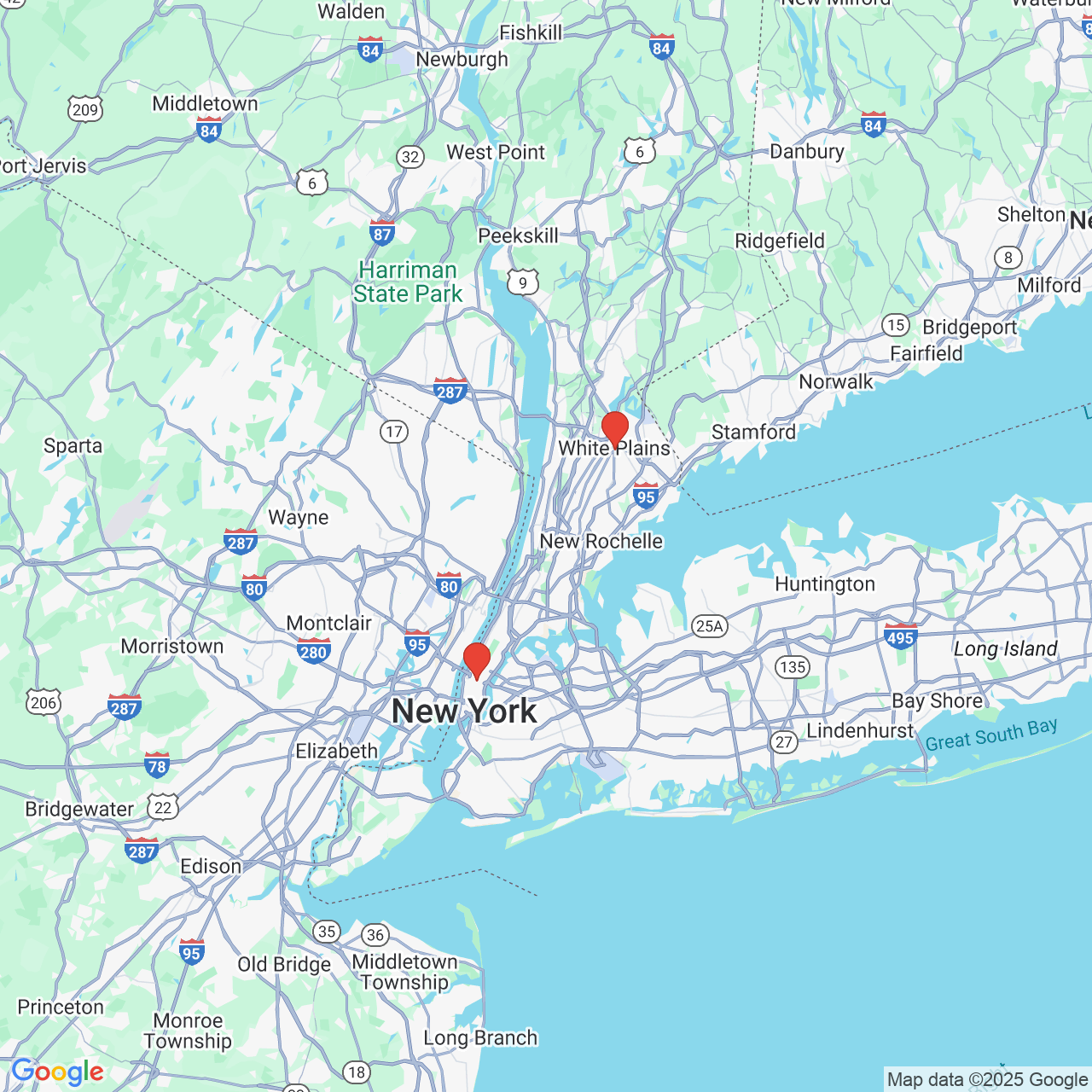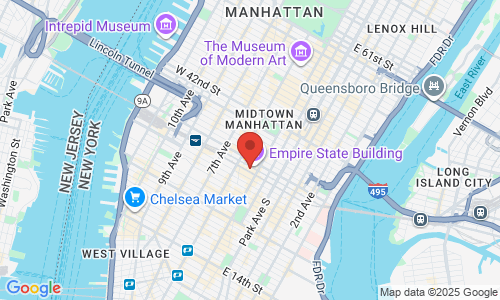Justification – A “Perfect” Defense To Manslaughter
Too often, jury instructions handed down by a Judge in a criminal matter can be easily confused or misinterpreted, especially in a case concerning manslaughter; the crime of killing a human being without malice aforethought, or otherwise in circumstances not amounting to murder. While the State of New York recognizes few defenses to homicide, our New York City and White Plains violent crime defense lawyers know those defenses usually mitigate an individual’s potential crime, not absolve them of any wrongdoing. However, justification or justifiable homicide absolves a potential defendant from liability if the actor reasonably believes that he/she or a third-party is in imminent danger of death or serious bodily harm, the individual reasonably believed that the immediate use of deadly force was necessary to defend against that danger, and the individual used no more force than was reasonably necessary to defend against that danger. Additionally, under New York Penal Law 35.05, conduct which would otherwise constitute an offense is justifiable and not criminal when such conduct is…about to occur by reason of a situation occasioned or developed through no fault of the actor. An individual who would not be entitled to use this defense is known as the “initial aggressor,” or the person that initiates the altercation. An “initial aggressor,” as defined by New York Penal Law 35.15(1)(b), is the first person who threatened to use physical force, or even the first person who appeared to threaten the imminent use of physical force under circumstances. Therefore, the justification defense to homicide may be invoked when an individual or third-party is not the “initial aggressor” to the immediate action.
In the case of People v. Walker, the Defendant fatally stabbed a man who was beating his brother in the head with a hammer. As his defense, Walker claimed that he was justified in his actions because he reasonably and rightfully believed that his brother’s life was in immediate danger due to a fight that started before he intervened and he was not the initial aggressor to the fight. The Trial Judge instructed the jury on the justification defense but did not include the full definition of “initial aggressor” where a Defendant argues that he is coming to the defense of another. As such, the jury found the Defendant guilty of manslaughter.
At the Appellate level, the defense attorney argued, “the confusion over the initial aggressor rule in the minds of the jurors, under the instructions given by the Trial Judge, could have just as easily led them to regard the Defendant as the aggressor rather than an intervenor aiming to protect his brother.” The Court of Appeals agreed with this argument and found that the Judge’s directions did not clearly outline the term “initial aggressor” and the potential use of the justification defense because the jury should have received additional instructions that justification may be invoked where the defendant had nothing to do with the original conflict, entered as a third party, and was unaware who initiated the conflict. The Appeals Court in People v. Walker further held that the jury instructions at the trial level were misconstrued and allowed for an improper inference of the Defendant during the altercation to which he was a third-party nonaggressor, therefore allowing him to invoke the justification defense.
Our Westchester criminal lawyers at The Law Office of Michael H. Joseph, PLLC, are committed to ensuring the nuances of the Court and the rule of law are executed properly and fairly for every client we defend. Our lawyers vigorously work to vindicate our clients from potential wrongful prosecution and arrest.









